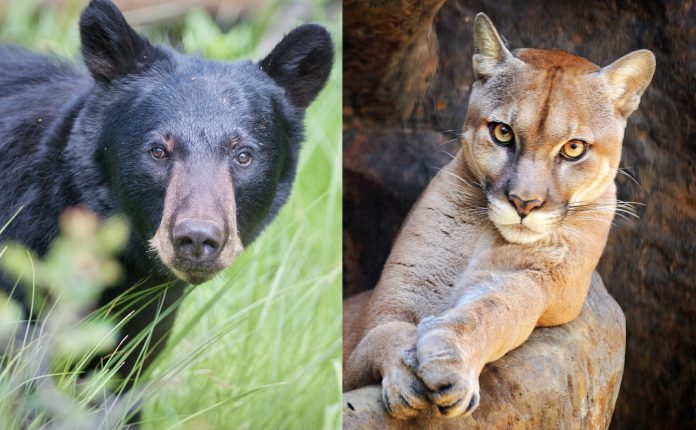You can help all animals and our planet by choosing compassion on your plate and in your glass. #GoVeg
You can help all animals and our planet by choosing compassion on your plate and in your glass. #GoVeg

You can help all animals and our planet by choosing compassion on your plate and in your glass. #GoVeg